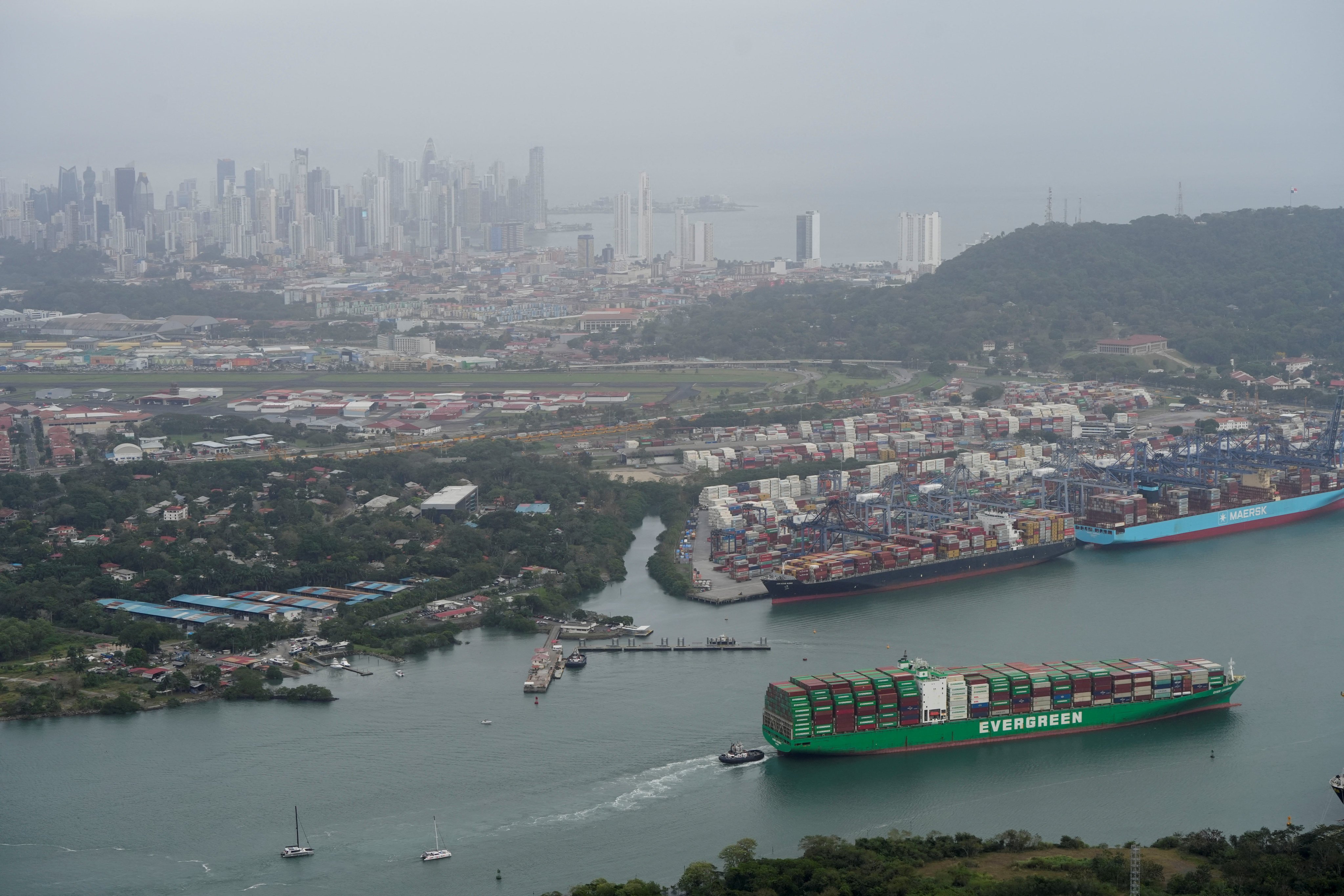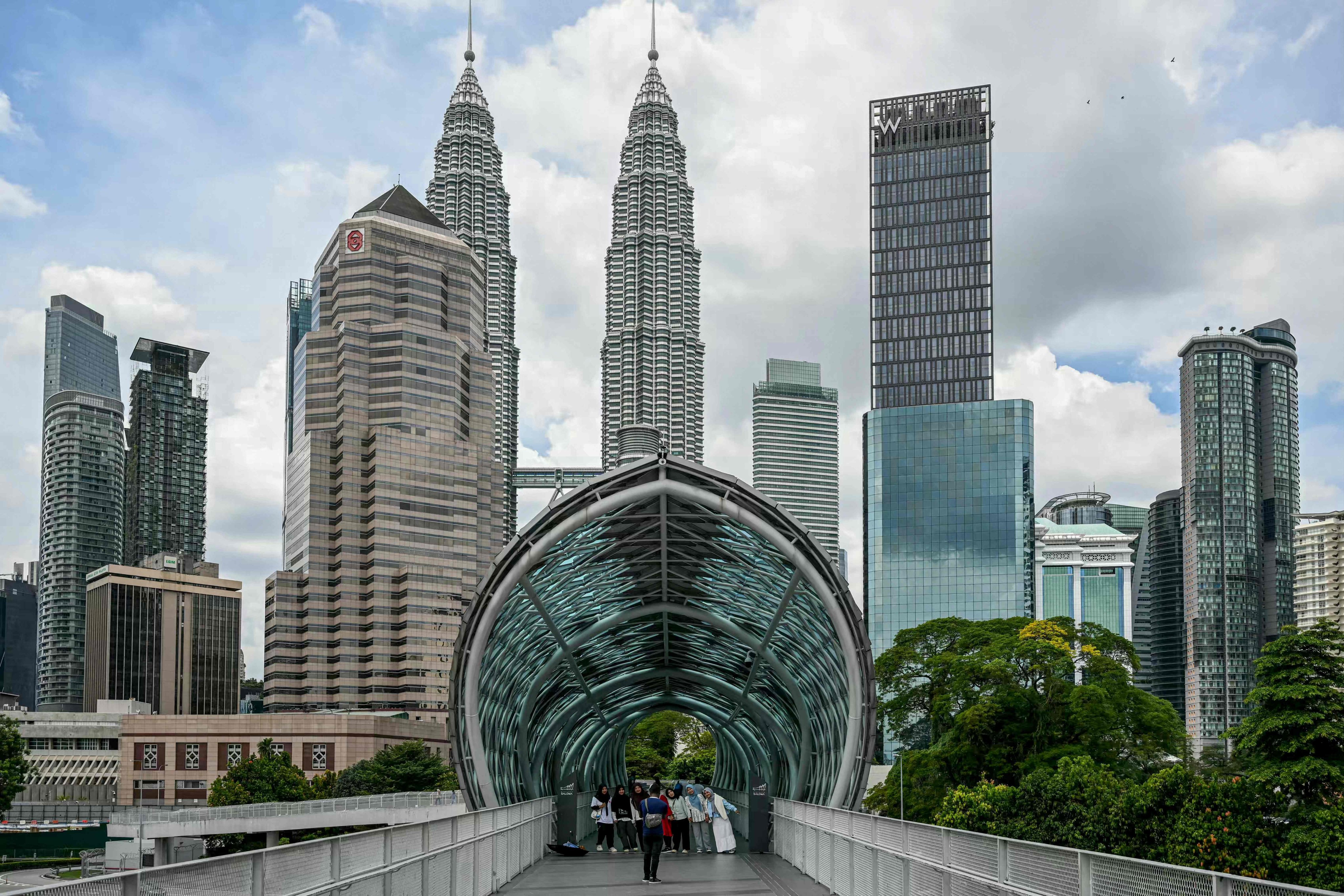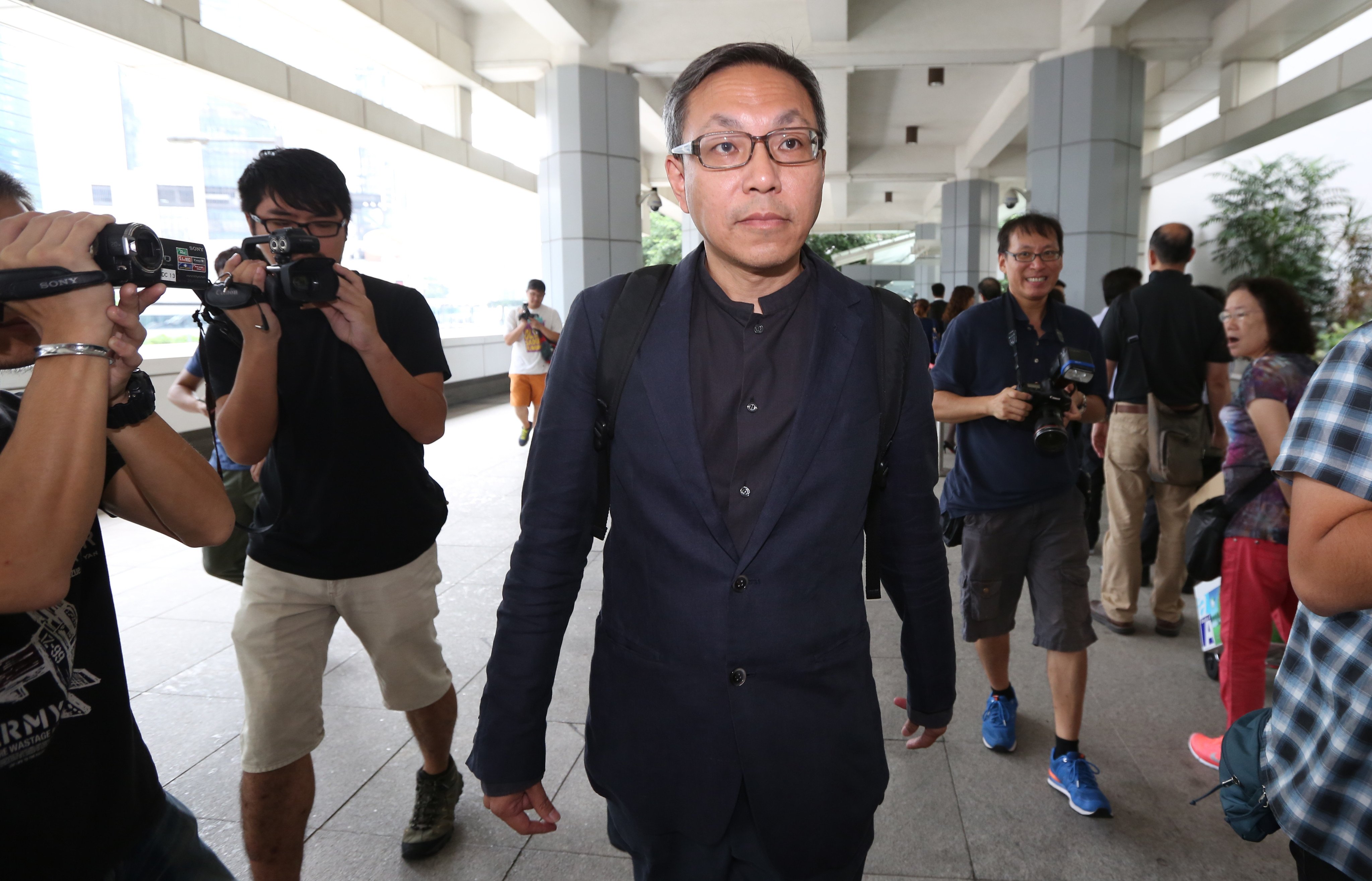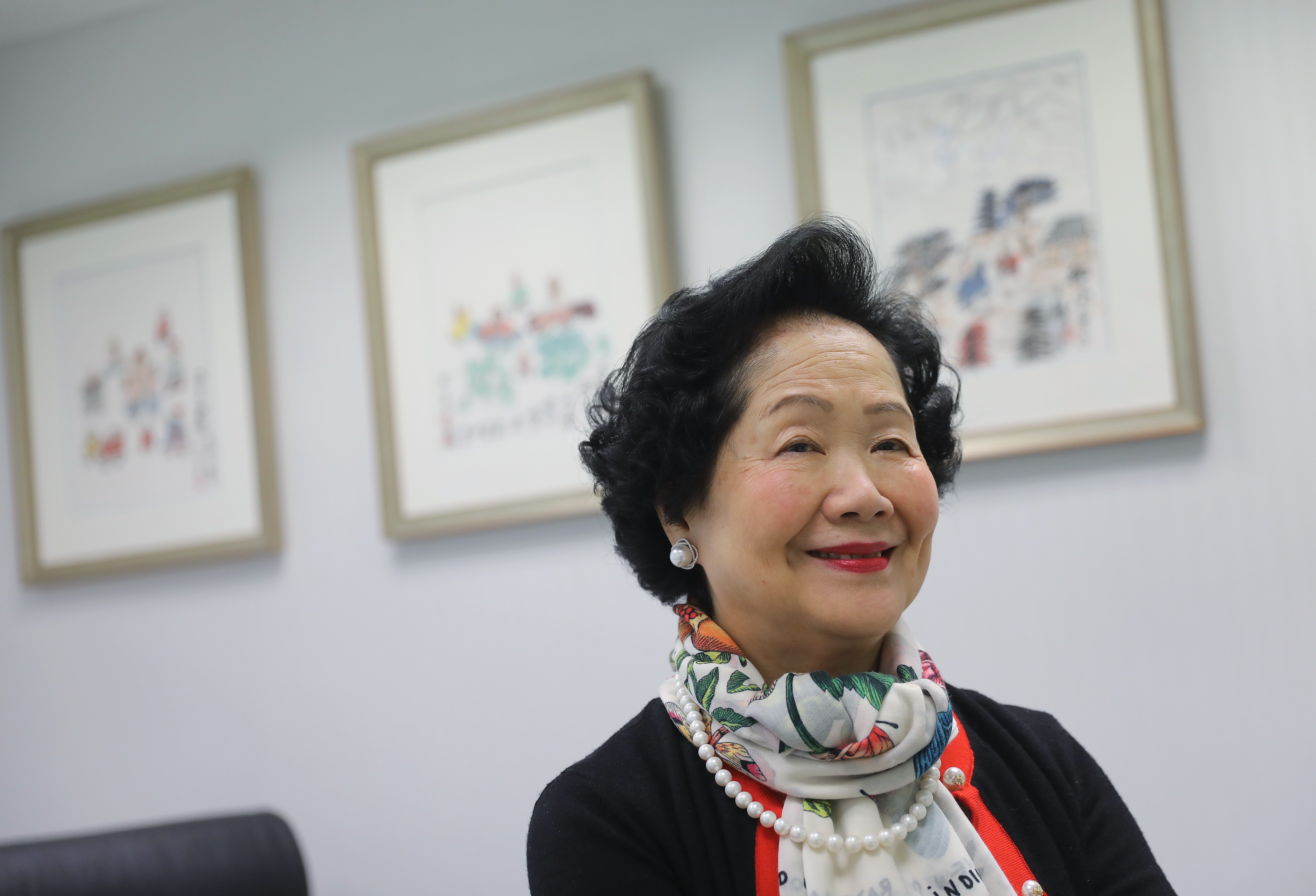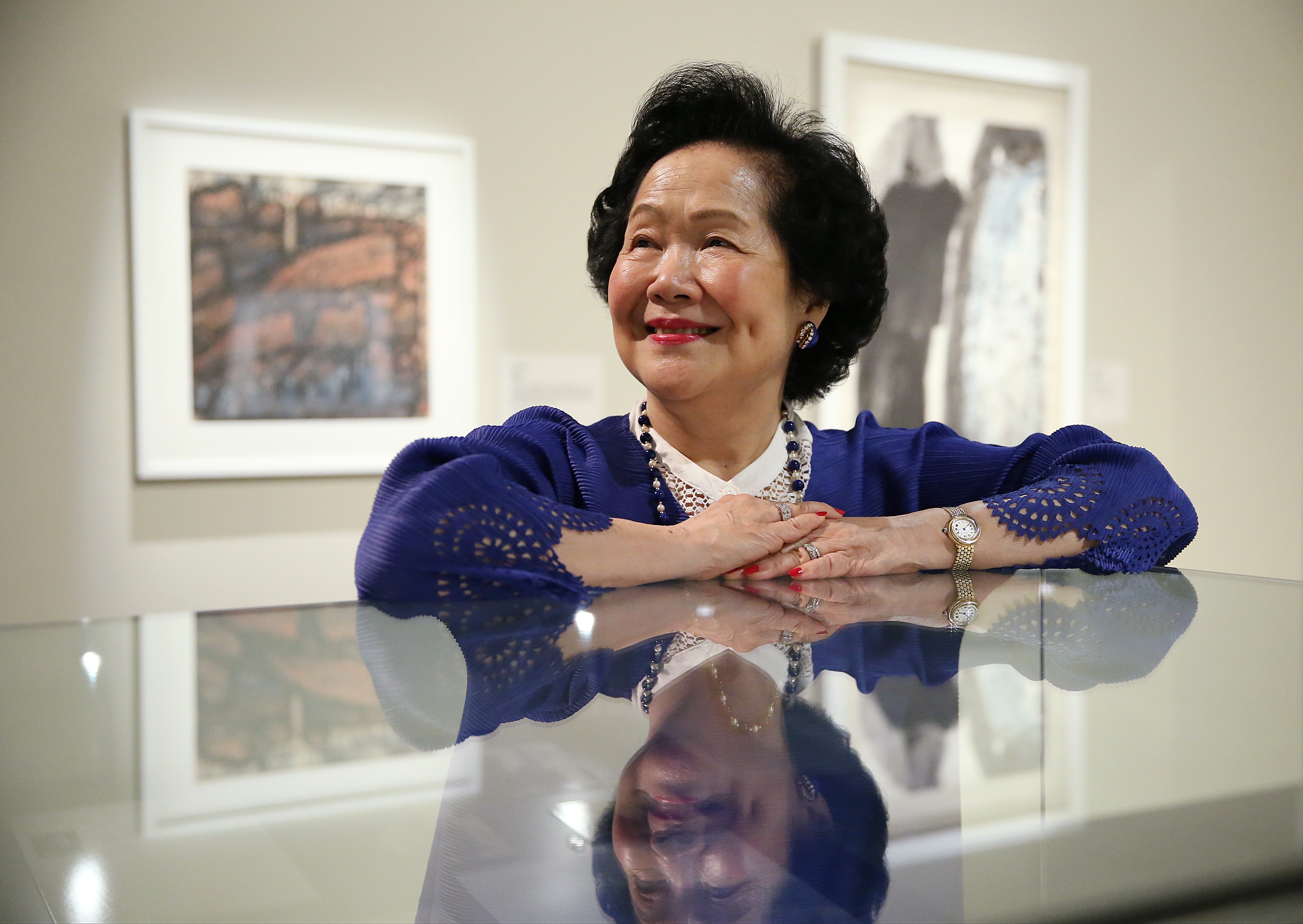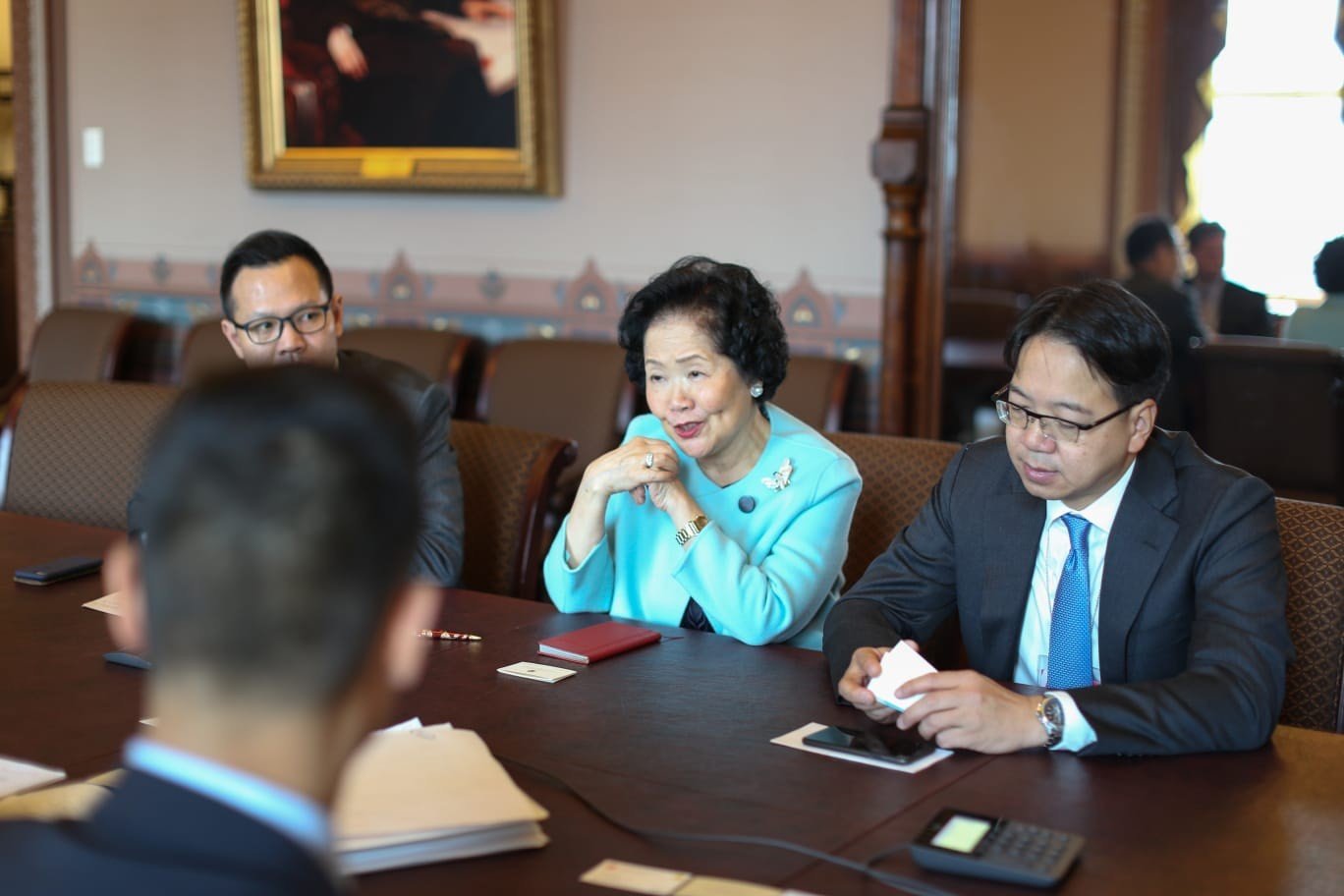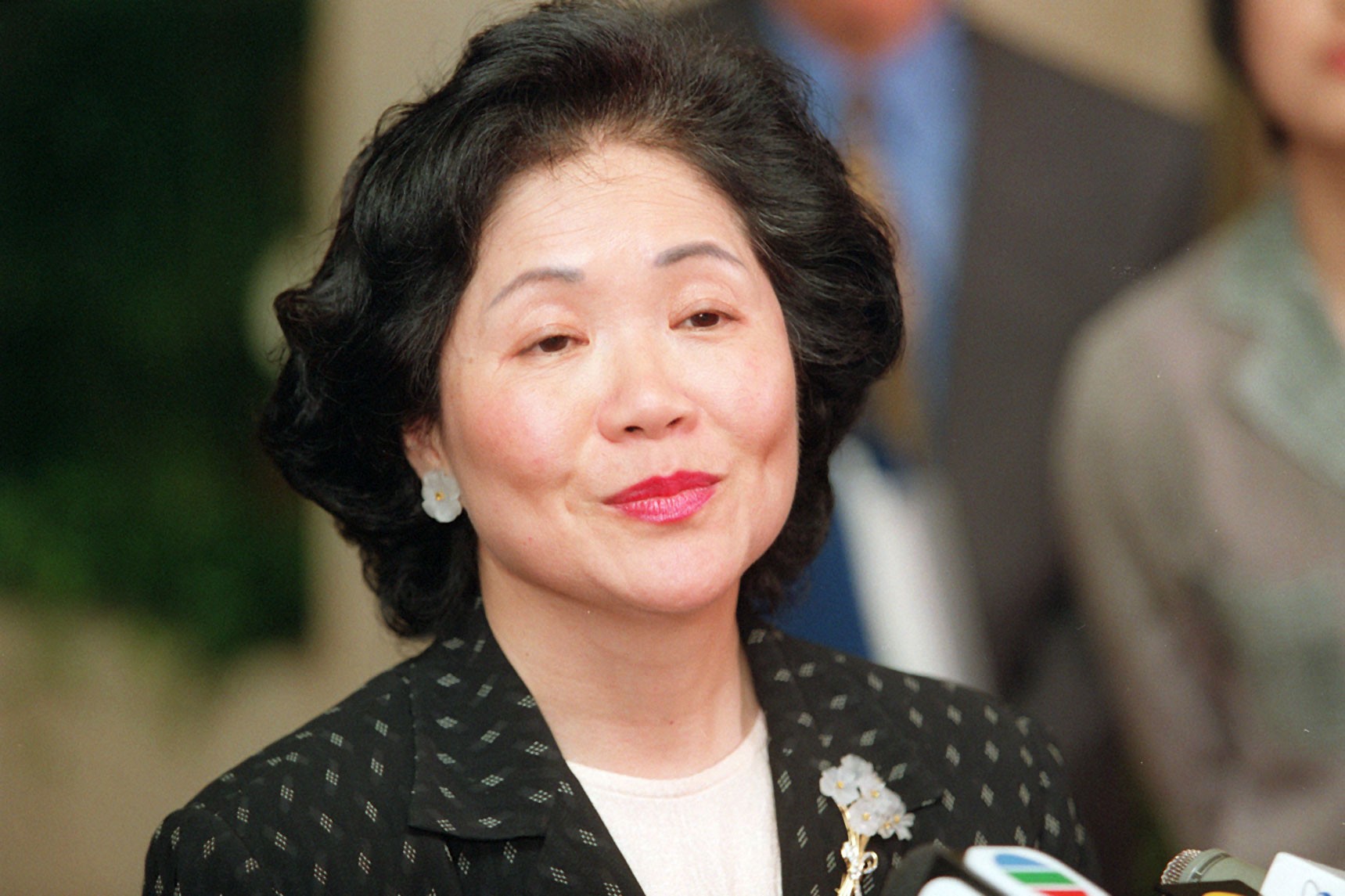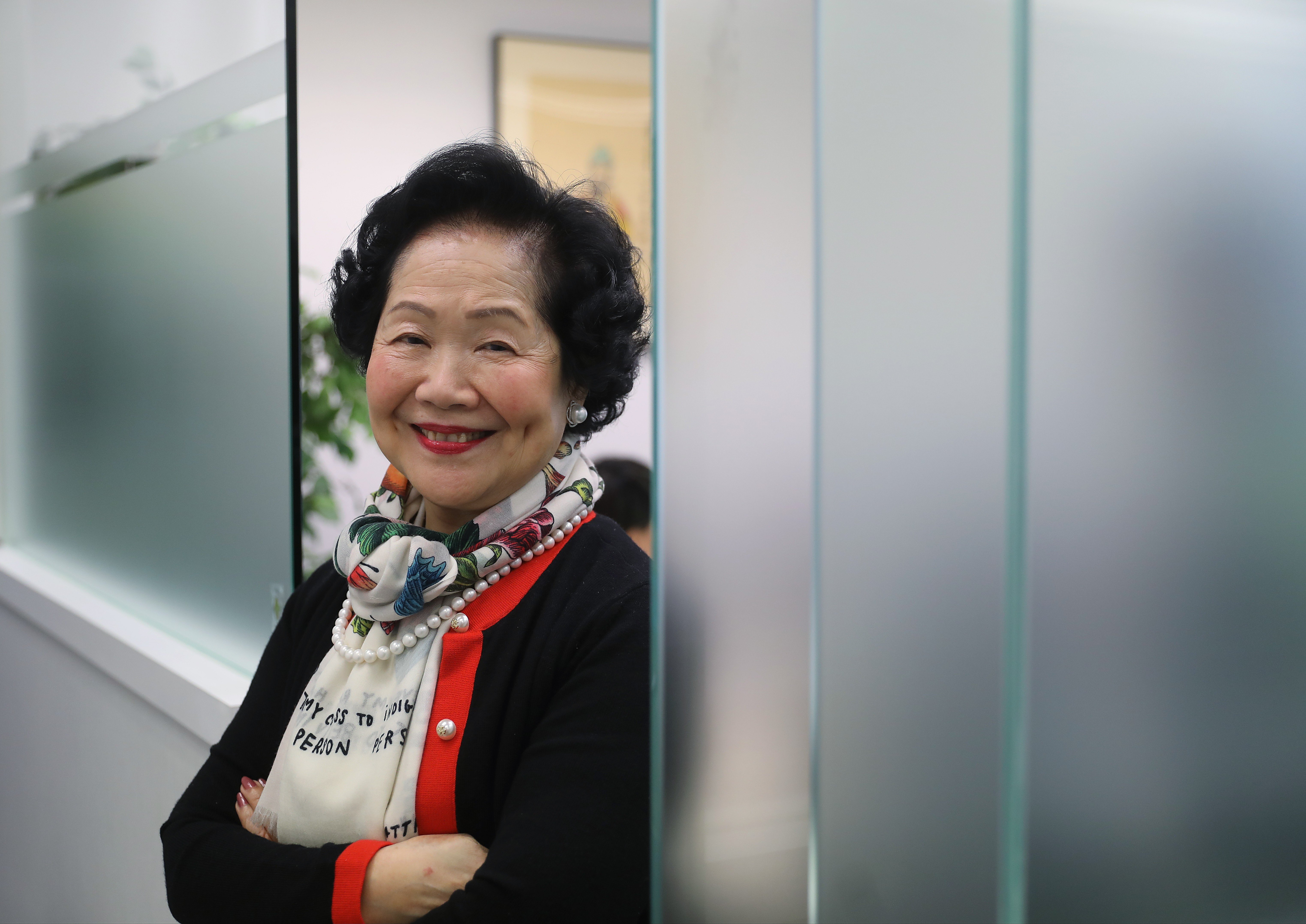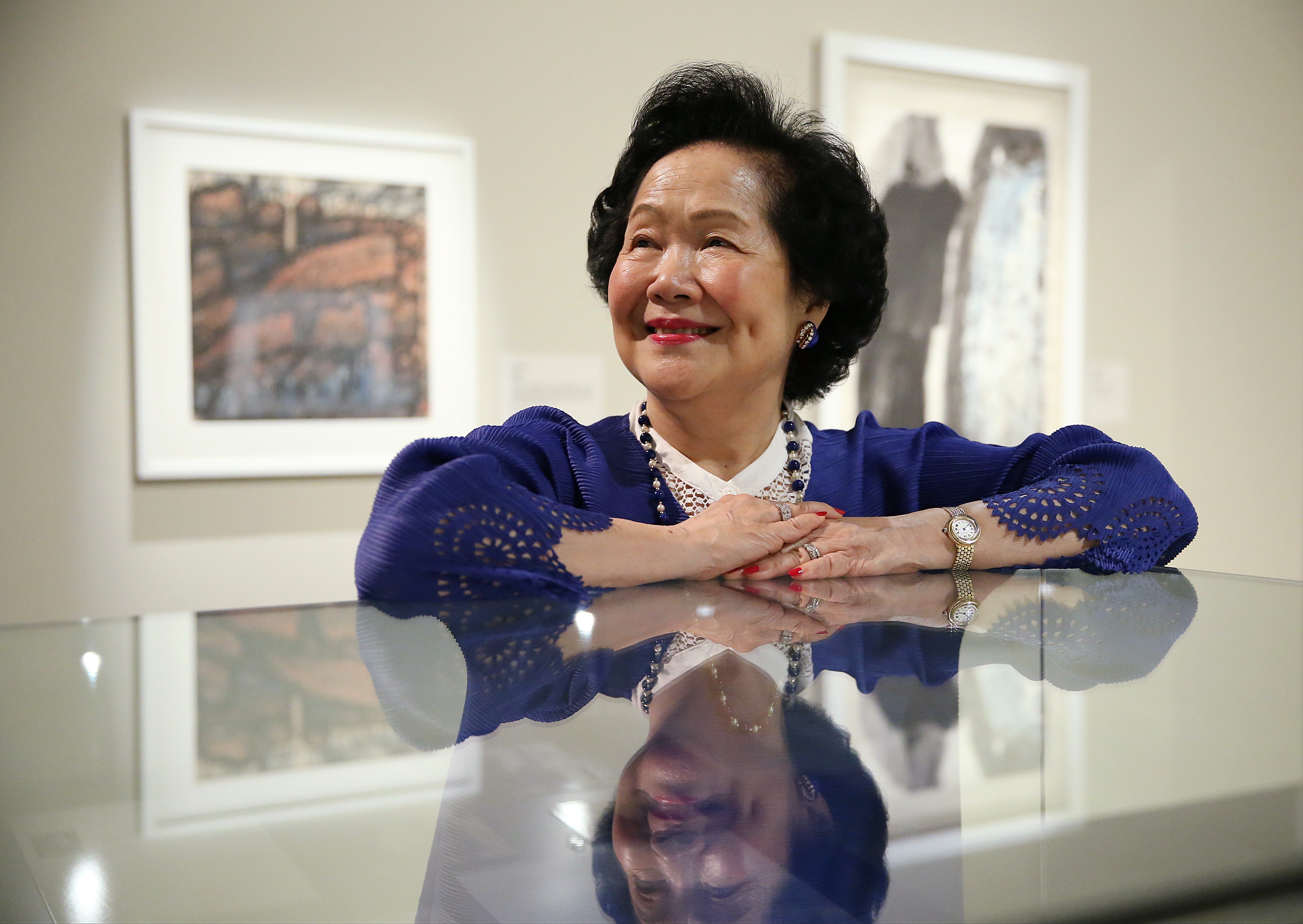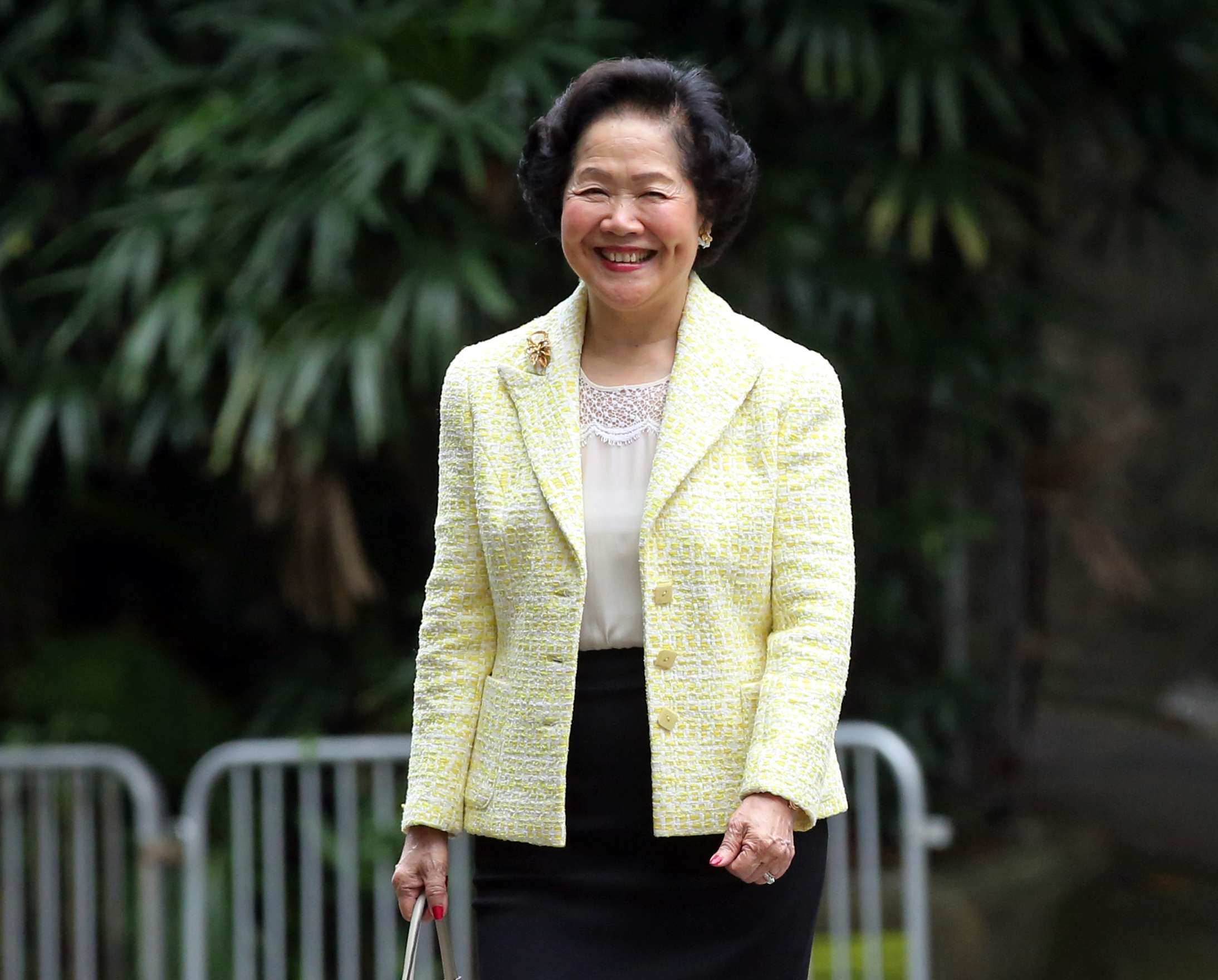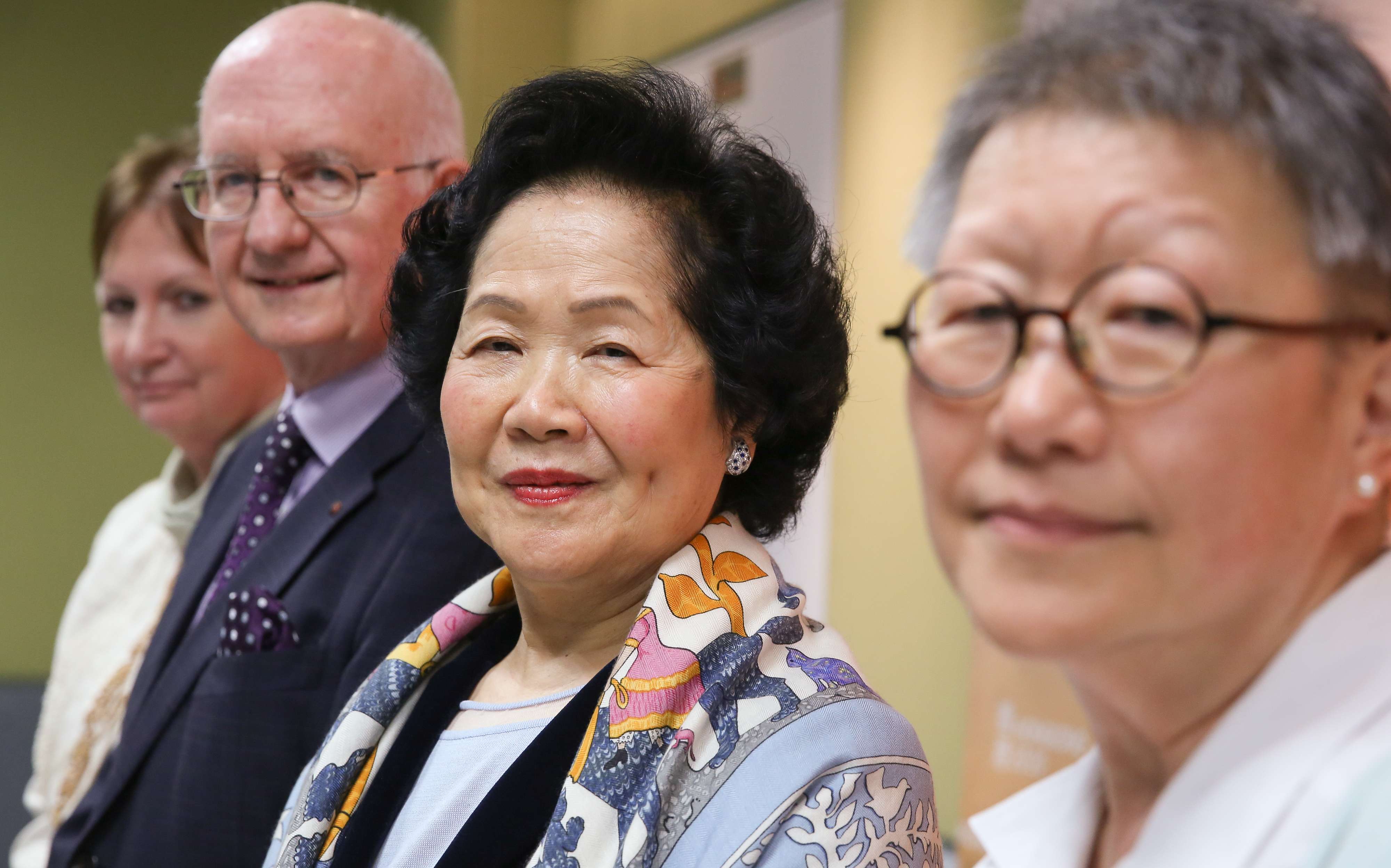Advertisement
Advertisement
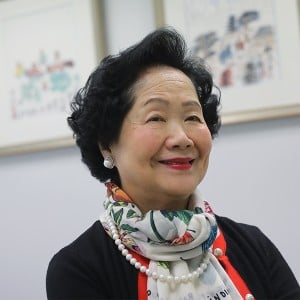
TOPIC
/ people
Anson Chan

Anson Chan
Anson Chan was the chief secretary of Hong Kong from 1993 to 2001 and a member of the Legislative Council from December 2007 to September 2008. She now leads Hong Kong 2020, a group formed in 2013 to facilitate public discussion on electoral reform in the city.
Born
17 Jan 1940
Industry
Politics
Job Title
Former Chief Secretary for Administration of Hong Kong
Letters | How national security law will curb free speech in Hong Kong
While the justice secretary has said that whether slogan-chanting is illegal will depend on the circumstances and be determined by the courts, many people are likely to think twice about speaking up, even if the criticism is constructive.
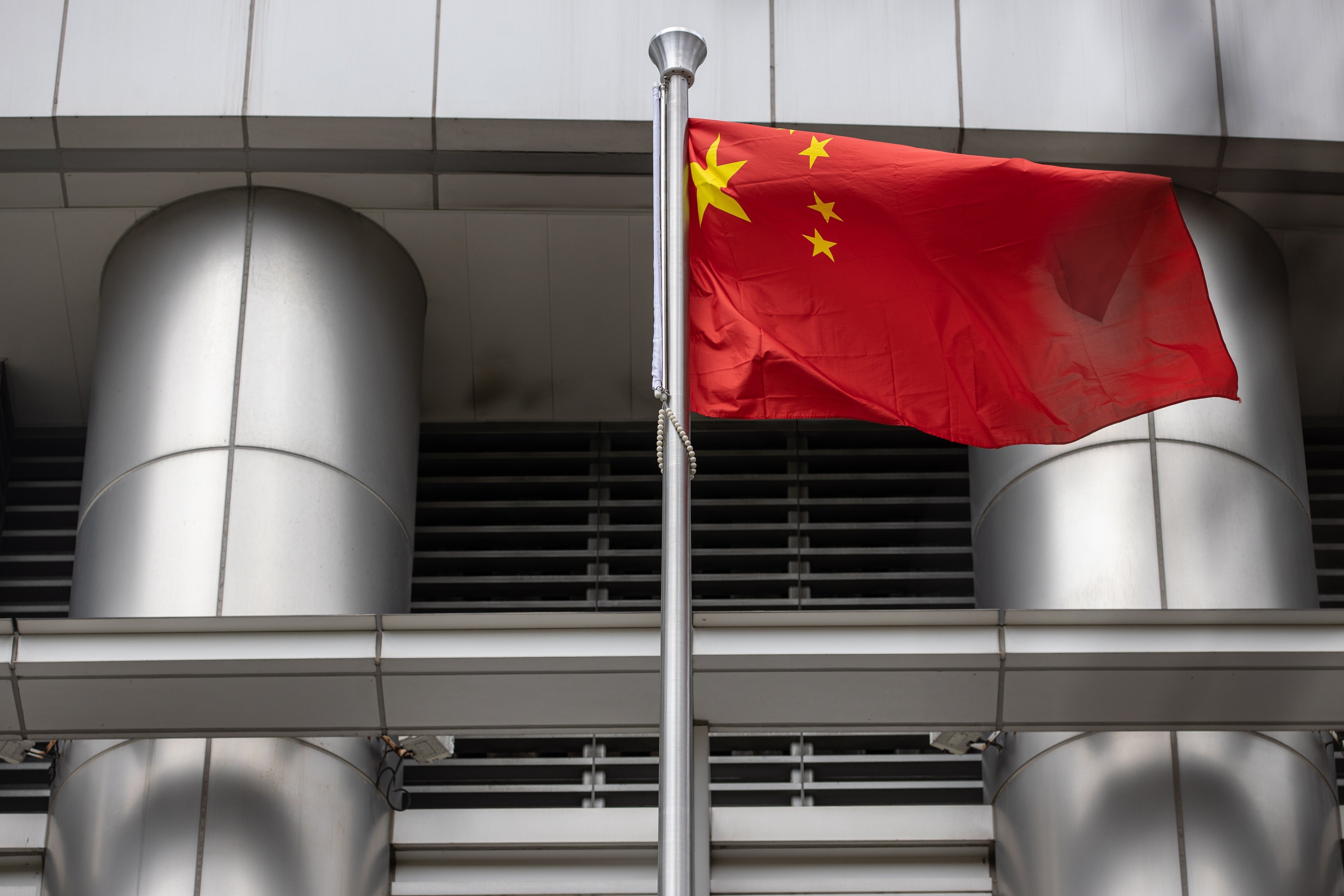
Help preserve 120 years of quality journalism.
SUPPORT NOWAdvertisement
Advertisement
Advertisement
Advertisement
Advertisement
Advertisement
Advertisement
Advertisement
Advertisement
Advertisement
Advertisement
Advertisement
